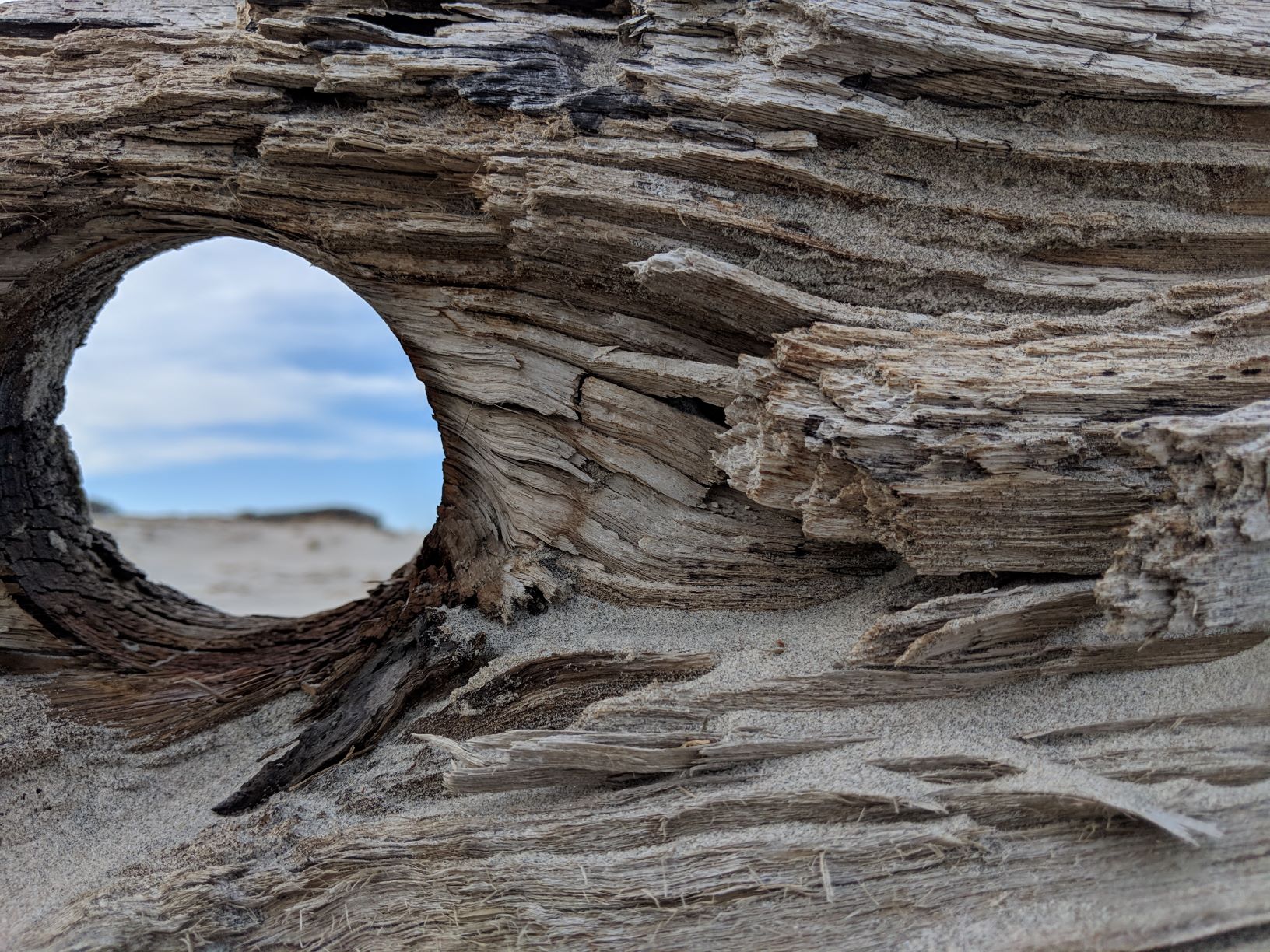You don’t need much.

A rake, a basket, a mud flat, and if you’re so inclined, a license.
Take what you need for dinner, eat them before the next low tide. I put the smallest and the largest back into the flat, tucking them into the mud, keeping a promise made years ago to my niece who loves clams but not killing.

November can be kind, but more often than not, the dying light is unkind to those creatures that depend on the sun.
But the creatures keep moving, and so do I, to the rhythm of the tides and the pull of the rake, one life feeding on another, grace for one, the abyss for the other.



